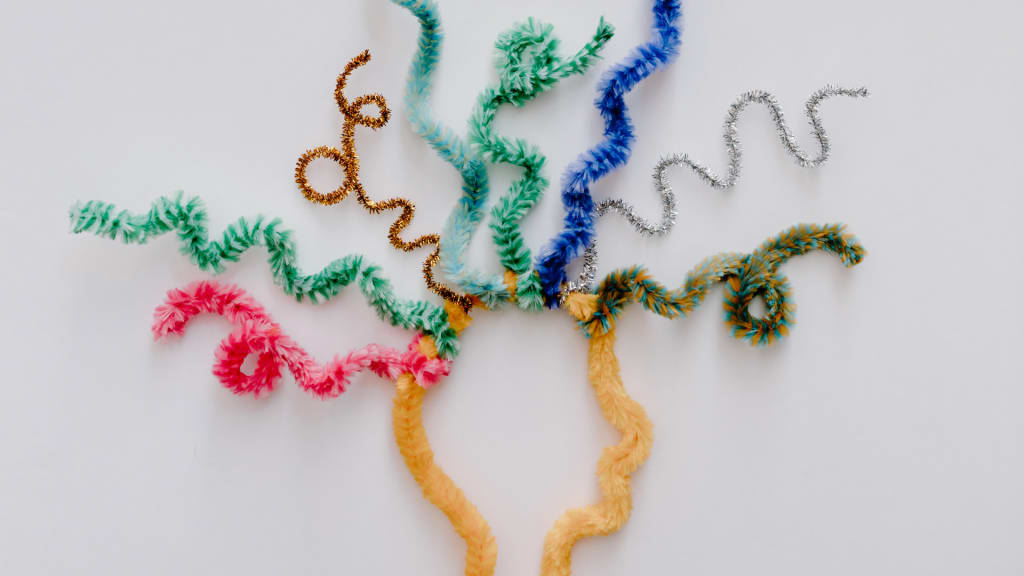Understanding the Importance of Self-Compassion for Mental Well-being
Cultivating Inner Kindness for a Healthier Mindset and Greater Happiness

In today's fast-paced and demanding world, it is crucial to prioritize our mental well-being. One powerful tool for cultivating a healthy mindset is self-compassion. Often mistaken as self-indulgence or self-pity, self-compassion is actually an essential practice that fosters resilience, emotional balance, and overall mental well-being. In this article, we will delve into the importance of self-compassion and explore real-life examples that highlight its transformative effects on individuals.
Embracing Imperfections:
Self-compassion involves recognizing and accepting our imperfections with kindness and understanding. Many of us have grown up in societies that emphasize perfectionism, leading us to be self-critical and overly harsh on ourselves. However, self-compassion encourages us to embrace our imperfections as part of our humanity. Sarah, a high-achieving student, used to berate herself for every small mistake. However, through self-compassion practices, she learned to embrace her imperfections and treat herself with greater understanding. By shifting her perspective, Sarah experienced reduced stress and improved self-esteem.
Overcoming Self-Criticism:
Self-compassion enables us to challenge our inner critic and replace self-judgment with self-kindness. Many individuals struggle with self-criticism, constantly berating themselves for not meeting their own high expectations. David, a professional struggling with self-doubt, used self-compassion techniques to counteract his negative self-talk. Through self-compassion, he learned to offer himself words of encouragement and support. As a result, David's confidence grew, and he became more resilient in the face of challenges.
Nurturing Emotional Resilience:
Self-compassion helps us develop emotional resilience, allowing us to bounce back from setbacks and navigate difficult emotions effectively. Life is full of ups and downs, and it's essential to have the tools to handle emotional challenges. Laura, who went through a painful breakup, found solace in self-compassion practices. By acknowledging her pain with compassion and self-care, she gradually healed and emerged stronger. Self-compassion empowered Laura to navigate her emotions with greater self-awareness and gentleness.
Cultivating Mindfulness:
Self-compassion and mindfulness go hand in hand. Mindfulness involves being present and non-judgmentally aware of our thoughts and emotions. It allows us to observe our inner experiences without getting caught up in them. John, a busy professional, integrated self-compassion and mindfulness into his daily routine. By pausing to observe his thoughts and emotions without judgment, he learned to respond to himself with kindness and understanding. This practice allowed John to manage stress more effectively and find moments of calm amidst his busy schedule.
Building Healthy Boundaries:
Self-compassion enables us to establish and maintain healthy boundaries in our relationships. Many individuals struggle with people-pleasing tendencies, often prioritizing others' needs at the expense of their own well-being. Rachel, a people-pleaser, used to neglect her own needs and suppress her emotions. Through self-compassion, she learned to set boundaries, prioritize self-care, and assert her needs without guilt. This shift not only improved Rachel's mental well-being but also strengthened her relationships based on mutual respect and healthy communication.
Practicing Self-Care:
Self-compassion involves prioritizing self-care and meeting our own needs with love and compassion. In our busy lives, it's easy to neglect self-care and put others' needs before our own. Mark, a caregiver, realized the importance of self-compassion when he experienced burnout. By making self-care a priority and engaging in activities that brought him joy and relaxation, Mark replenished his energy and regained a sense of balance. Self-compassion allowed Mark to recognize that taking care of himself was not selfish but necessary for his well-being.
Developing Empathy for Others:
Self-compassion lays the foundation for empathy and compassion towards others. When we learn to be kinder to ourselves, we naturally become more understanding and compassionate towards others. Melissa, who struggled with judgment towards others, embraced self-compassion as a means of developing empathy. By cultivating self-compassion, Melissa realized that by being kinder to herself, she naturally became more understanding and compassionate towards others. This shift fostered stronger connections and relationships in her life.
Self-compassion is a powerful practice that promotes mental well-being and emotional resilience. Real-life examples demonstrate how self-compassion transforms individuals by embracing imperfections, overcoming self-criticism, nurturing emotional resilience, cultivating mindfulness, building healthy boundaries, practicing self-care, and developing empathy for others. By cultivating self-compassion, we can foster a kinder, more understanding relationship with ourselves, leading to greater mental well-being and a more fulfilling life. So, let us embark on this journey of self-compassion, and may it bring us the healing and growth we deserve.
About the Creator
Nesou
📓🌌✨ Dive into poetry, stories, and thoughts. 📚✍️ Unveil the universe's mysteries through words. 🌌✒️ Share emotions, experiences, and magic. ✨🖋️ Explore a boundless world of expression. 🌟📝
Send Me Tips🍀,insights and❤️if you'd like😍✨
Enjoyed the story? Support the Creator.
Subscribe for free to receive all their stories in your feed. You could also pledge your support or give them a one-off tip, letting them know you appreciate their work.






Comments
There are no comments for this story
Be the first to respond and start the conversation.